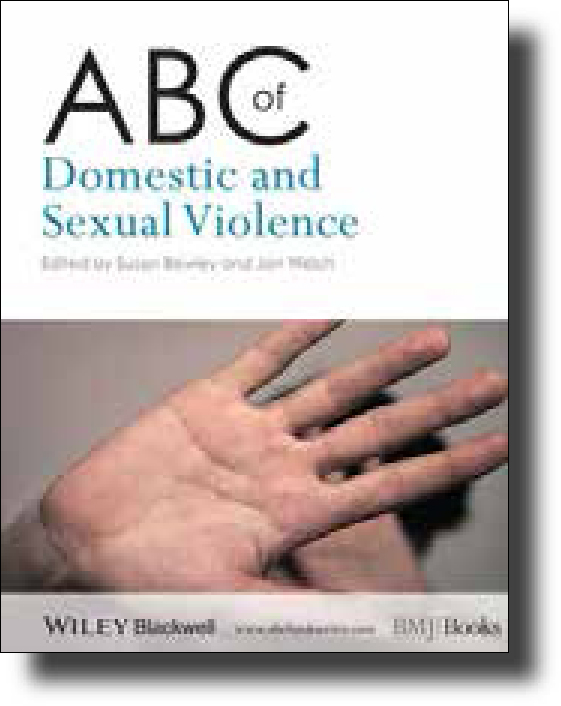ABC of Domestic and Sexual Violence

In the UK each week, two women are killed by their partners. The crime survey for England and Wales reports the prevalence of lifetime partner abuse to be experienced by approximately a third of all women and a fifth of all men. With these figures in mind, it follows that paramedics are likely to come into contact with victims at some point, especially as 7% of the women and 5% of the men victims describe abuse in the 12 months preceding the survey. However, as with most health-care professions there is a lack of attention given to domestic and sexual violence in paramedic training and professional learning.
As a result, many paramedics may feel anxious due to uncertainty, or about their role when they are called out to a situation where there is a high risk that some form of abuse is involved. This is why the ABC of Domestic and Sexual Violence is an excellent resource. It succinctly gives the facts regarding the scope of the problem, and provides information on what to do when faced with a situation where abuse is either proven or suspected.
Each chapter of The ABC of Domestic and Sexual Violence (ABC DSV) is written by an expert in that particular subject matter. As a result, each chapter is concise, but contains a thorough overview of the subject matter. Susan Bewley and Jan Welch, who are both well reputed in the community of Women's health, edit the book and are both prolific researchers and advocates in this field.
The ABC DSV uses the mantra - recognise, empathise, witness and refer. Paramedics can achieve all four of these, whether a trainee or a consummate professional, when equipped with the knowledge in this book. ABC DSV outlines the epidemiology of gender-based violence, as well as the types of abuse. It uses the well-researched Duluth Qualitative Model that provides a basis for training healthcare professionals in recognising, responding and referring victims of abuse.
The ABC DSV also outlines who is at risk and covers difficult topics such as forced marriage, female genital mutilation, intimate partner violence and sexual and domestic violence against children, and the sexual assault of men and boys. The chapter on identifying domestic violence and abuse is particularly salient, and has an excellent section outlining how to ask and what to ask about domestic violence and abuse. The chapter on medical and psychosocial aspects of rape and sexual assault gives information of what should be offered or signposted to victims when they are at their most vulnerable. The ABC DSV also outlines community-based responses to domestic violence as well as sources of referral and support, providing healthcare professionals with ideas and tools to effectively refer victims when they present in a clinical situation or environment.
Of significant benefit are the case studies included in most of the chapters. These studies give real to life examples of presentations and best practice for healthcare professionals with appropriate responses.
A particular strength of the book is the two-page table of photographs of injuries. This would be very useful in a call-out situation where the paramedic notes injuries but is uncertain about the cause. Recognition of these patterns of injuries may lead to more direct questioning that could result in appropriate sign-posting to community services. This may be particularly useful if the injuries themselves do not warrant an emergency visit to hospital or if the patient refuses to attend. As ABC DSV argues, recognition responding and referring are as important as actual medical care and this book informs paramedics on how to play a crucial part in this process by asking the right questions.
The ABC of DSV is written specifically for healthcare professionals, and one may argue that there is an emphasis on the role of junior doctors in the book. However, this does not take away from the impact that this book can have on any healthcare professional's role, and as one ABC DSV contributor states, “your role is to gather information, not to problem solve… Do not challenge or get out of your depth” – pertinent advice to paramedics and any healthcare professional faced with an abuse scenario. The same can be said of the transferability of most of the information and advice found within this book.
The ABC DSV is an excellent tool for paramedics and all healthcare professionals. This book demystifies the process for any professional who is faced with a victim of abuse but feels hindered by anxiety and uncertainty about how to help. The ABC DSV can empower the healthcare professional to ask the right questions in a helpful way to enable recognition, response and referral of the most vulnerable patients to appropriate services and care. It is a must read for all frontline healthcare service providers.

